| The possibilities for an inevitable coalition government are a head-spinning colour wheel of party logos. We look at the most likely outcomes (https://www.economist.com/interactive/2025-german-election-polls-prediction-forecast?utm_campaign=a.io&utm_medium=audio.podcast.np&utm_source=theintelligence&utm_content=discovery.content.anonymous.tr_shownotes_na-na_article&utm_term=sa.listeners), and the smaller parties that may well play kingmakers. A series of scandals (https://www.economist.com/asia/2025/02/06/japan-could-finally-face-its-own-metoo-crisis?utm_campaign=a.io&utm_medium=audio.podcast.np&utm_source=theintelligence&utm_content=discovery.content.anonymous.tr_shownotes_na-na_article&utm_term=sa.listeners) in Japan has propelled the country to a belated #MeToo crisis (10:35). And London’s once-abundant pie shops struggle (https://www.economist.com/britain/2025/01/21/londons-pie-and-mash-shops-are-disappearing?utm_campaign=a.io&utm_medium=audio.podcast.np&utm_source=theintelligence&utm_content=discovery.content.anonymous.tr_shownotes_na-na_article&utm_term=sa.listeners) with changing tastes and relocating clientele (16:53). Get a world of insights by subscribing to Economist Podcasts+ (https://subscribenow.economist.com/podcasts-plus). For more information about how to access Economist Podcasts+, please visit our FAQs page (https://myaccount.economist.com/s/article/What-is-Economist-Podcasts) or watch our video () explaining how to link your account. Hosted on Acast. See acast.com/privacy (https://acast.com/privacy) for more information. |
Tags: Featured,newsletter


















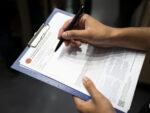

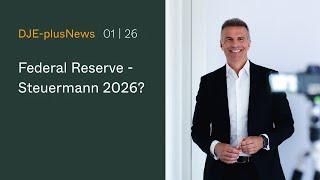
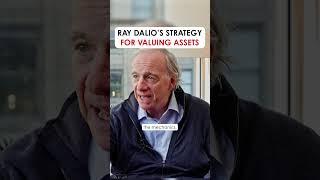
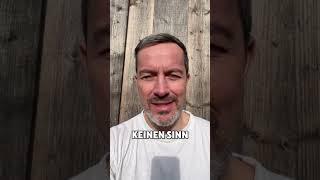
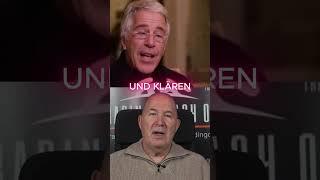



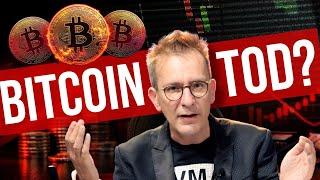




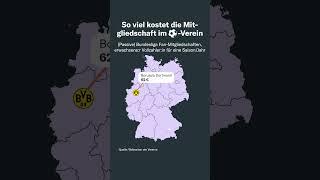





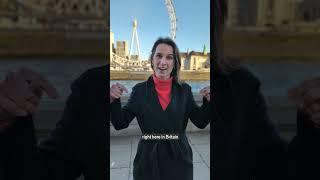

3 pings